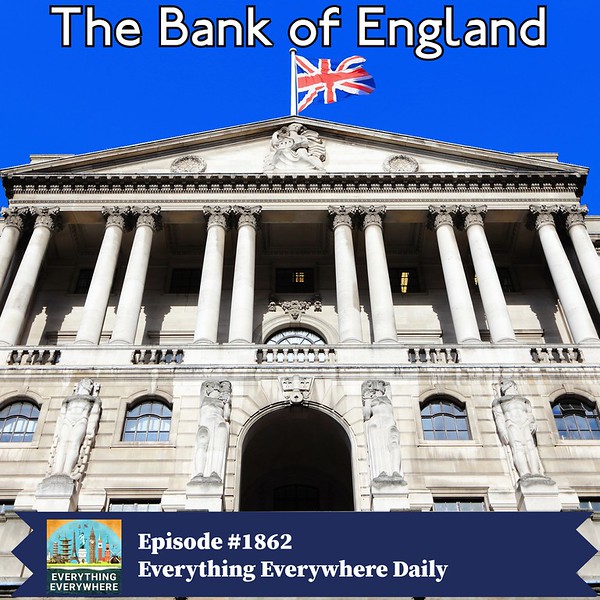What are interest rates?
Interest is what you pay to borrow money, and what banks pay you for saving money with them.
Recommend: Top 10 Reasons Why Living in Saudi Arabia and Life in Saudi Arabia as an Expat
How do interest rates work?
If you’re a borrower, the interest rate is the amount you are charged for borrowing money. It is shown as a percentage of the amount you borrow.
If you’re a saver, the interest rate is the amount you earn when you save your money in a bank account. It is shown as a percentage of the amount you save.
The higher the interest rate, the more you’ll have to pay back if you’re a borrower, and the more you’ll earn if you’re a saver.
What is the Bank of England Base Rate?
This is the single most important interest rate in the UK. It’s the interest rate we pay to commercial banks that hold money with us.
It is also known as the ‘Bank Rate’ or ‘base rate’.
Recommend: How to Get an Emergency Cash Loan from Saudi Al Awal Bank (SAB)
How does the Bank of England’s base rate affect you?
Changes in the Bank of England base rate affect how much people spend and how much they save.
If the base rate goes up:
-
Borrowing becomes more expensive. This means mortgages and loans will cost more. When this happens, people tend to spend less on goods and services.
-
Saving becomes more rewarding. People get better returns on their savings, which may encourage them to save more and spend less.
If the base rate goes down:
Recommend: How to Get Personal Finance in Saudi Arabia as an Expat
-
Borrowing becomes cheaper. Mortgages and loans will cost less, meaning people have more money to spend.
-
Saving becomes less rewarding. People get lower returns on their savings, which might encourage them to spend more instead.
Why do we change the base rate?
We change the base rate to help keep inflation low and stable.
Inflation is the measure of how much the prices of goods and services have gone up over time.
We have a target to keep inflation at 2%. We adjust the base rate to help meet this target.
Recommend: King Salman Park: World’s Largest Park Is Transforming Saudi Arabia
-
If people are spending too much, this can push up prices and cause inflation. To bring inflation down, we might increase the base rate to encourage people to spend less and save more.
-
If people aren’t spending enough, the economy could slow down too much, and inflation could fall too low. To bring inflation up, we might cut the base rate to encourage people to spend more and borrow more.
Who decides to change the base rate?
Our Monetary Policy Committee (MPC) decides whether to change the base rate.
The MPC is made up of nine members. They meet eight times a year (about every six weeks) to decide what the base rate should be.
Their decision is based on a detailed analysis of the UK economy and what they think will happen to inflation in the future.
Recommend: How to Fill Up UK VISA Application form from Bangladesh
Source: Bank of England. Retrieved from https://www.bankofengland.co.uk/explainers/what-are-interest-rates


